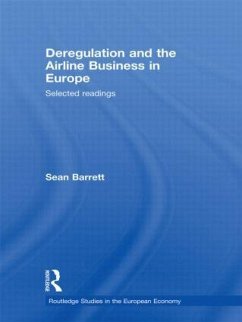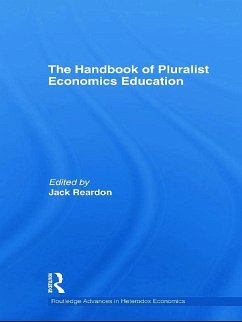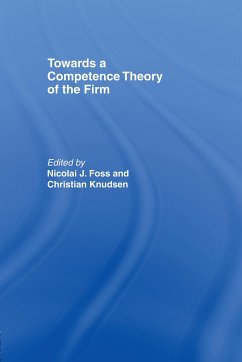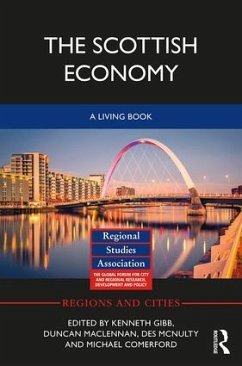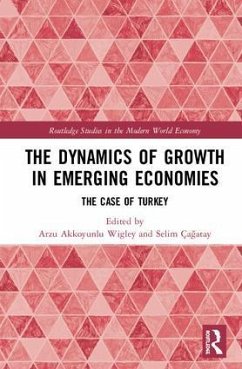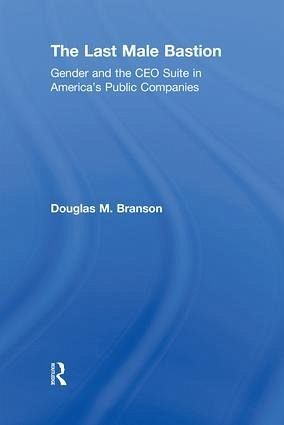
The Last Male Bastion
Gender and the CEO Suite in America's Public Companies
Versandkostenfrei!
Versandfertig in 1-2 Wochen
222,99 €
inkl. MwSt.
Weitere Ausgaben:

PAYBACK Punkte
111 °P sammeln!
Not until 1997 did a female become chief executive officer of a Fortune 500 corporation (Jill Barad, at Mattel Toy Co. Women's progress since that time has been in fits and starts, exceedingly slow. The number of women CEOs reached 4 in 1999 only to slide back to 2 in 2001. Meanwhile, while not reaching anything approaching parity, women made significant strides in politics (as senators, cabinet secretaries and governors), in not-for-profit spheres (as CEOs of health care and hospital organizations or of United Way chapters, with budgets of billions of dollars), and at colleges and universitie...
Not until 1997 did a female become chief executive officer of a Fortune 500 corporation (Jill Barad, at Mattel Toy Co. Women's progress since that time has been in fits and starts, exceedingly slow. The number of women CEOs reached 4 in 1999 only to slide back to 2 in 2001. Meanwhile, while not reaching anything approaching parity, women made significant strides in politics (as senators, cabinet secretaries and governors), in not-for-profit spheres (as CEOs of health care and hospital organizations or of United Way chapters, with budgets of billions of dollars), and at colleges and universities (23 % have female presidents or chancellors). Currently, 3%, or 15, of Fortune 500 CEOs are women. After examining in detail the educations, career progressions, pronouncements and observations, as well as family lives, of the 19 women who have risen to the top (sitting and former CEOs), this book asks, and attempts to answer, two questions: Why haven't more women reached the CEO suite?How might women in business better position themselves to ascend to the pinnacle?








